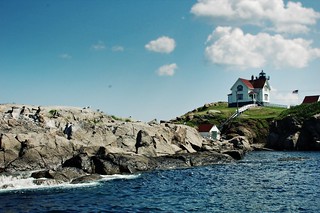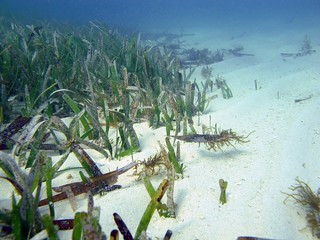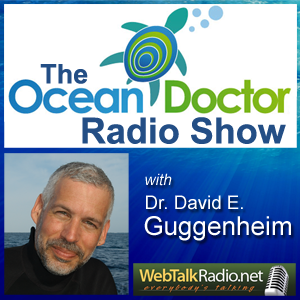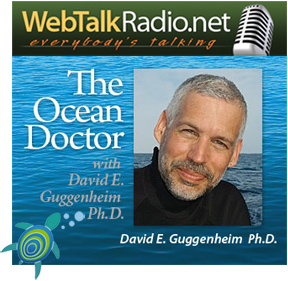Rapid Rise of Ocean Acidity Surprises Scientists

The speed with which acid levels have risen in the oceans has “caught scientists off-guard.” (Image by B Tal via Flickr)
The Christian Science Monitor reports that the speed with which acid levels have risen in the oceans has “caught scientists off-guard.” Ocean acidification was recently described by National Oceanic and Atmospheric Administration (NOAA) Administrator Jane Lubchenco as climate change’s “equally evil twin,” representing one of the biggest threats to life in the oceans. Lubchenco warned that acidification amounts to “osteoporosis of the sea” and threatens coral reefs, food security, and tourism around the world.
Scientists initially assumed that the carbon dioxide absorbed by the water would be sufficiently diluted as the oceans?mixed shallow and deeper waters. But most of the carbon dioxide and the subsequent chemical changes are being concentrated in surface waters, Lubchenco said.
“And those surface waters are changing much more rapidly than initial calculations have suggested,” she said. “It’s yet another reason to be very seriously concerned about the amount of carbon dioxide that is in the atmosphere now and the additional amount we continue to put out.”
Higher acidity levels are especially problematic for creatures such as oysters, because acid slows the growth of their shells. Experiments have shown other animals, such as clown fish, also suffer. In a study that mimicked the level of acidity scientists expect by the end of the century, clown fish began swimming toward predators, instead of away from them, because their sense of smell had been dulled.
…Read the full story at Ocean acidity increases surprise researchers – Christian Science Monitor






